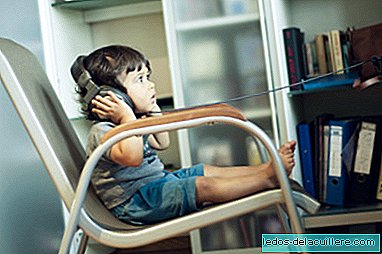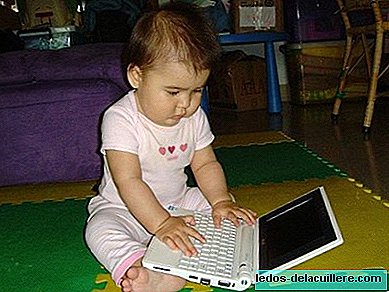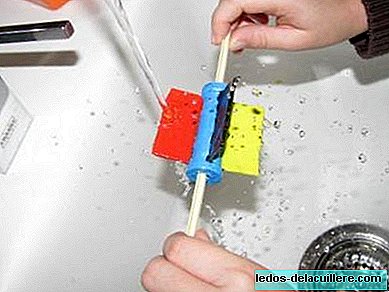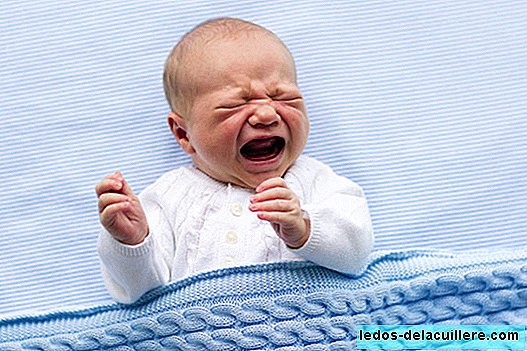
This week World Hearing Day has been celebrated, and the World Health Organization has taken the opportunity to remember that about 32 million children in the world suffer from some kind of disabling hearing loss, which is an obstacle to education and social integration. The vast majority live in low and middle income countries, but these problems can reach anywhere.
WHO estimates that around 60% of hearing losses in childhood could be avoided with preventive measures, so early diagnosis is vital. We have already talked to you about the signs of hearing loss, signs that we have to be aware of so there are no complications.
But, Why is it so important that children hear well? In full stage of development, in infants and children hearing is essential to learn to speak: the most obvious impact of hearing loss in childhood has to do with language acquisition.
This disorder also affects learning as a whole and the development of social skills and attitudes. That is, a child with a hearing impairment will have difficulties to participate fully in social life and obtain good school performance, hence hearing loss is an obstacle to their education and social integration.
For the child, communication problems can cause a feeling of anger, stress and loneliness, and lasting emotional and psychological consequences, such as lack of self-esteem, which can profoundly affect the whole family.
If hearing loss is unavoidable, interventions are necessary to ensure children achieve their full potential by resorting to rehabilitation, education and empowerment. International medical and child advocacy organizations appeal to different governments to act in these areas.
The importance of early detection
Early detection is essential to curb some consequences, although there are others factors that determine the damage of hearing loss in people, especially children
Age of appearance: It is not the same to lose hearing at an advanced age than in the first years of life. Early childhood is the optimal stage for speech and language acquisition. The impact of hearing loss is maximum in children born with it or suffer it shortly after birth.
Degree of hearing loss: It can be from light to deep. The greater the severity, the greater the impact.
Age of detection and intervention: When hearing loss is detected earlier, and the sooner support services are provided, the greater the chances of the child acquiring spoken language. The Joint Committee on Infant Hearing recommends that all children with hearing loss have undergone an intervention at six months of age. Early detection and intervention they also lead to a significant decrease in the increase in the cost of education that involves hearing loss, and improve the ability to make a living in the future.
Environment: The general environment of the life of a child with hearing loss, including access to services, significantly influences its development. Children living in disadvantaged environments or developing countries will have difficulty accessing technologies and other means that help them overcome their difficulties. Children with hearing loss who have access to hearing aids, cochlear implants, sign language and special education can often participate on an equal basis with children who have a normal hearing ability. The support of parents and family facilitates the social integration of children with hearing loss.
As we see in the last two points, a health and social system that helps to detect and treat as soon as possible the cases of children with hearing problems. It depends largely on the future and happiness of children. Where can we start in our environment? For not letting the suspicion of hearing problems pass, having our vaccinations up to date, not exposing children to loud noises and not missing the usual pediatric checkups.












